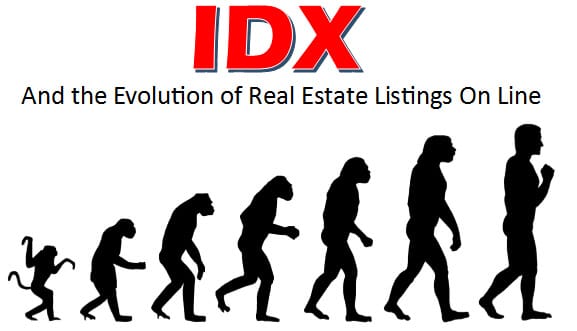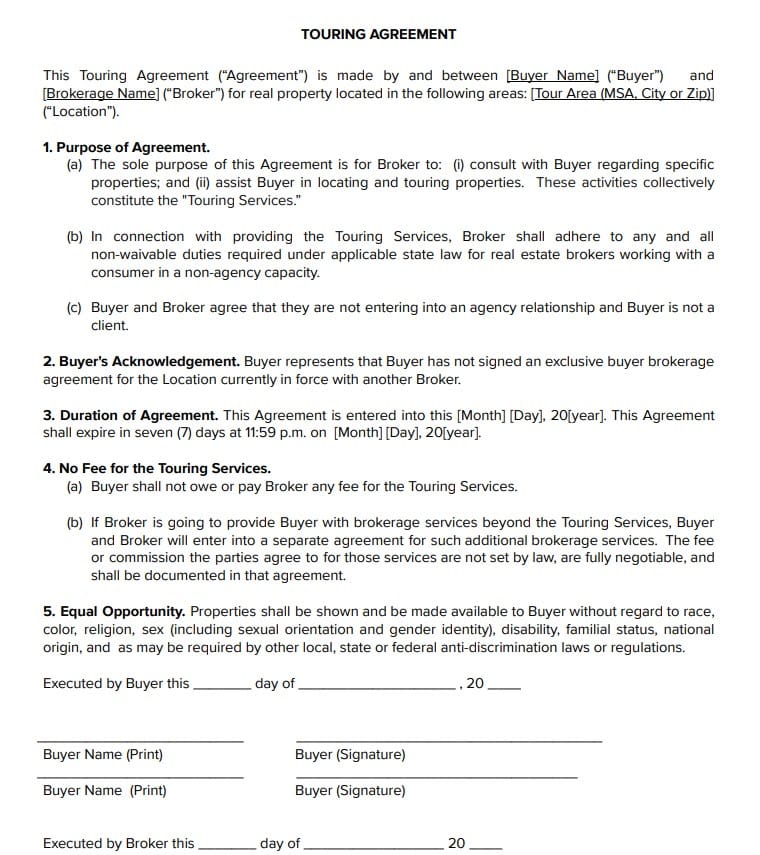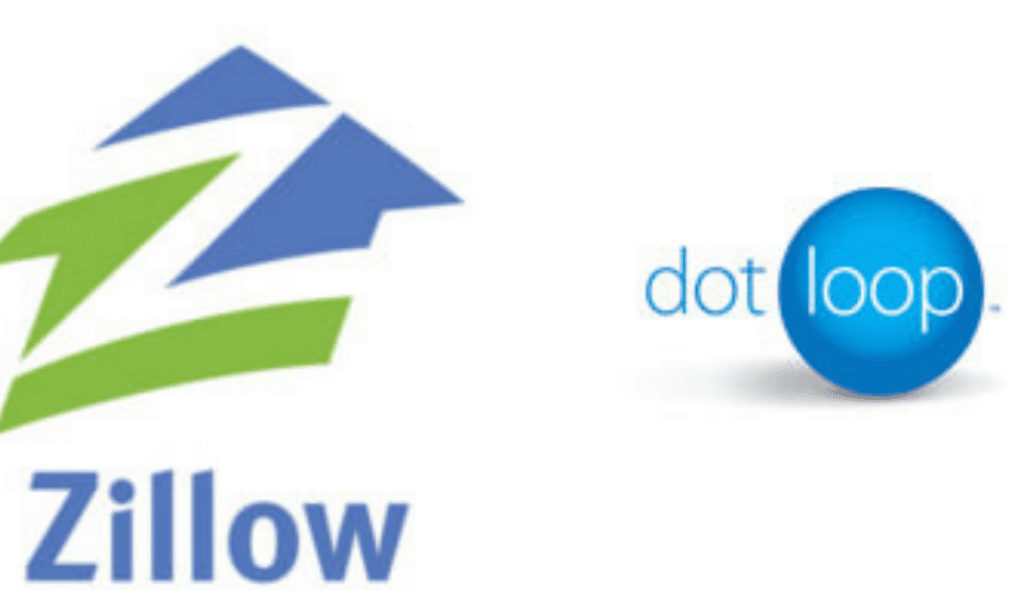If you recently saw the press release about Zillow offering ” buyer representation agreements” you know they are just spinning nonsense.
What is Zillow’s Buyer Representation Agreement?
It’s not a real Buyers Brokerage Agreement which is a contract between a prospective homebuyer and a real estate brokerage or agent. This agreement outlines the terms under which the agent will assist the buyer in finding and purchasing a property. The comes with an agreement of Agency and usually an agreement of compensation.
This is what Zillow is pushing
Through the terms of the National Association of Realtors’ (NAR) commission lawsuit settlement agreement Zillow is now getting into buyer representation agreements.
Under the terms of NAR’s settlement agreement, agents will have to have a written agreement with a client in order to work with them as a buyer broker. The trade group recently clarified that these agreements must be signed prior to the agent taking a buyer on a home tour.
On Tuesday, Zillow announced that it will be offering a nonexclusive contract for buyers and agents to use for home tours ahead of the rule changes being implemented in July.

According to the blog post, Zillow is not required to offer consumer-facing agreements by the terms of NAR’s settlement agreement. But Samuelson wrote that Zillow views this as “an opportunity to provide tools for the industry to fulfill these requirements in a way that puts the consumer first.”
The agreements created by Zillow are nonexclusive and have a limited duration for the initial tours conducted by the agent with a prospective buyer. The agreements expire after seven days, only cover touring activities and do not require compensation or exclusivity.
What Does That Mean?
Pretty much nothing. After looking at the contract, there is no Agency there is no agreement of compensation. It simply says that NONE of that applies and this is not and agency agreement or a buyer brokerage agreement, just an agreement to waive all that and show you houses for a week.

What is the Difference?
- Purpose and Scope: The Touring Agreement is specifically focused on the activities related to consulting with the buyer about specific properties and assisting in touring those properties. It does not encompass the broader range of services typically included in a buyer’s brokerage agreement, such as negotiating purchase terms, managing offers and counteroffers, and guiding the buyer through closing. Essentially, the Touring Agreement is limited to the initial stages of the home buying process.
- Agency Relationship: Unlike a buyer’s brokerage agreement, which often establishes an agency relationship where the agent owes fiduciary duties to the buyer, the Touring Agreement explicitly states that there is no agency relationship formed. This means the broker does not represent the buyer in the same capacity, potentially reducing the broker’s obligations to advocate on behalf of the buyer.
- Duration: The Touring Agreement is short-term, often expiring after just seven days, which is significantly shorter than most buyer’s brokerage agreements. These typically last for several months or until a transaction is completed.
- Fees: The Touring Agreement specifies that no fees will be paid by the buyer for the touring services. This is in contrast to a buyer’s brokerage agreement, where the agent’s compensation is usually outlined and often involves a commission based on the purchase price of the property. The agreement also suggests that if brokerage services beyond touring are required, a separate agreement will need to be made.
- Additional Services: If services beyond touring are needed, they are not automatically included under the Touring Agreement and require a separate contractual arrangement. This is different from a buyer’s brokerage agreement, where various aspects of the purchase process are generally covered under one agreement.
- Legal and Ethical Standards: Both types of agreements stipulate adherence to applicable laws and ethical standards, including non-discrimination policies. However, the lack of an agency relationship in the Touring Agreement may affect the depth of duties that the broker owes to the buyer, such as confidentiality and full disclosure.
In summary, a Touring Agreement is a more limited and specific contract compared to a buyer’s brokerage agreement, focusing solely on the property touring phase without establishing a full-service agency relationship or involving comprehensive transaction management.



